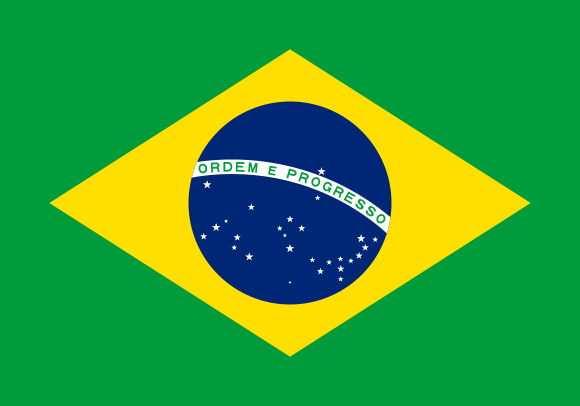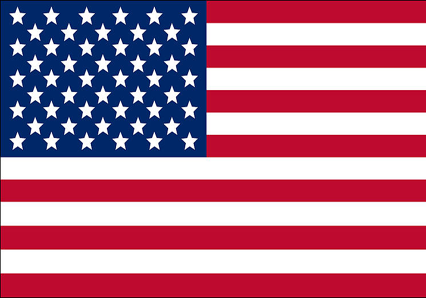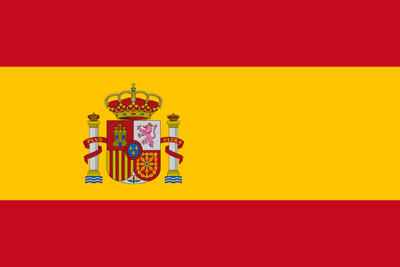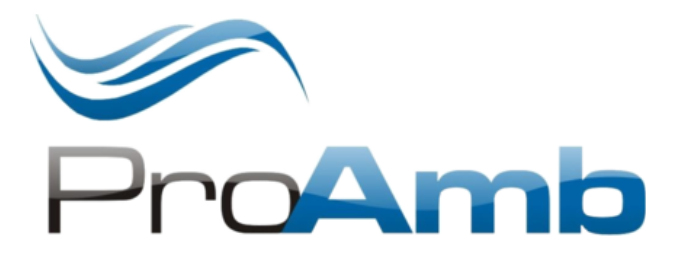Program Duration
The Master’s Degree program has a maximum period of two years (24 months).
Target Audience
The Master’s Degree program is aimed at applicants from several areas of work, including Engineering, Biology, Chemistry, Political Sciences and others. However, applicants with a solid training in scientific and experimental subjects in the environmental area are likely to excel at the admission process. The Master’s Degree course ideal applicant must demonstrate intellectual capacity proven by their school records and a genuine interest in finishing the course in due time and with results to be published.
Admission Process
The Master’s Degree program has an annual admission process. The notices are usually published in the end of the year. To access more information on open admission processes, go to the section “Admission Notices” above. Check ProAmb’s website periodically to read news on the new notices and its respective approvals and results.
Important: The adminission process usually includes exams in the Portuguese language. Most of the coursework is offered in Portuguese. However, the dissertation can be written and defended in the English language.
Scholarships
The Program is able to offer Master’s Degree scholarships to the applicants approved in the admission process, depending on its available budget and the applicant’s classification. The amount of R$ 1,500. 00 is a standardized grant offered by the Research Funding Agencies.
The students who get the scholarships through the Program must attend the Teacher’s Training Internship at least during one semester. Besides, the CAPES, UFOP and Fundação Gorceix scholarship holders must fully dedicate themselves to their research projects. It is forbidden any kind employment relationship. CAPES and CNPq only allow their scholarship holders to earn financial support from other sources if they dedicate themselves to activities related to their area of study and relevant for their academic, scientific and technological qualification.
Besides the Program’s scholarships, some research projects use their own resources to pay monthly fees to the students engaged in them.
Courses and Course Syllabus
The mandatory and optional courses are listed below. The student who is already attending similar courses in other Graduate Programs qualified by CAPES in Brazil can request credit equivalence via a specific form. The approval will depend on the Student-Faculty Council’s assessment.
|
Mandatory Courses
|
|||||||||||||||||||||||||||||||||||||||||||||||||||||||||||||||||||||||||||||||||||||||||||||||||||||||||||||||||||||||||||||||||||||||||||||||||||||||||||
Six-Month Schedule
In the beginning of each semester, the courses availability and their respective schedule programs are released.
The digital and complete version of the program's dissertations and thesis are available on UFOP’s repository.



